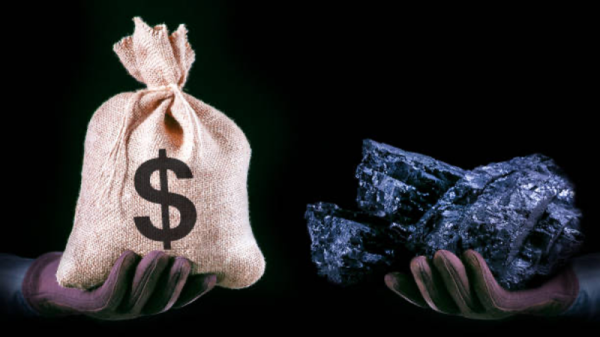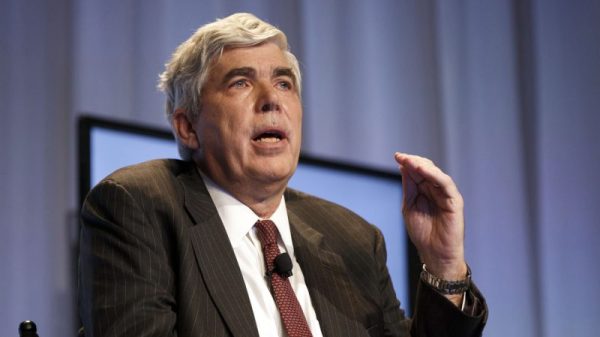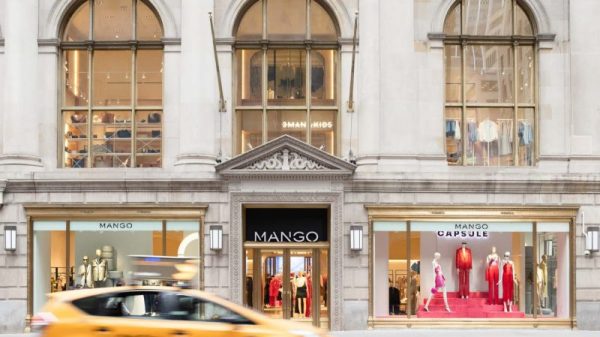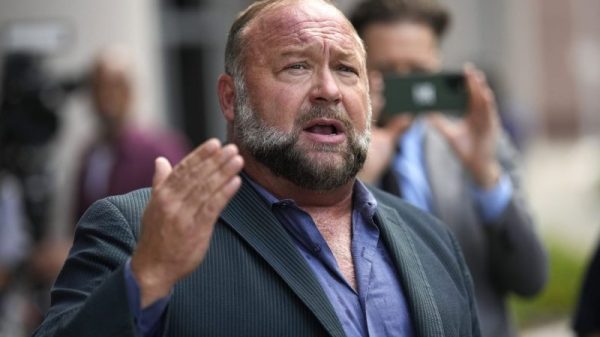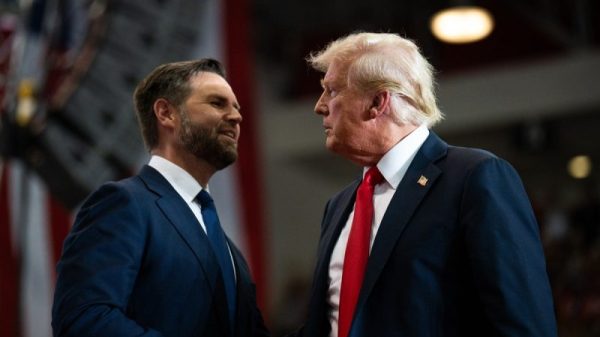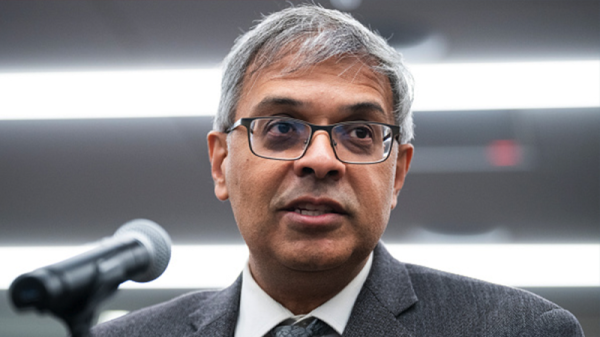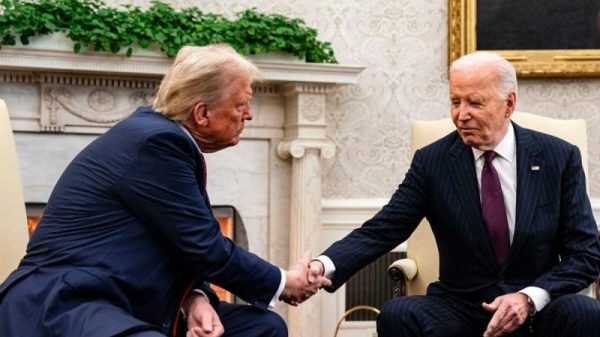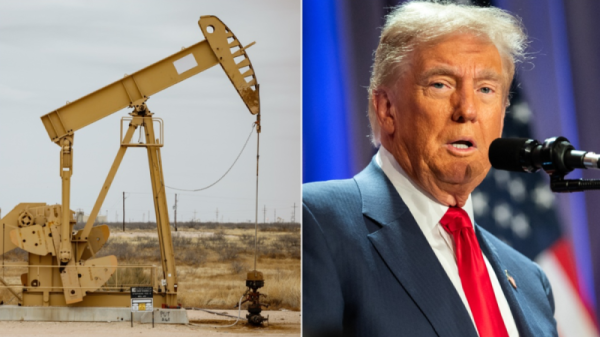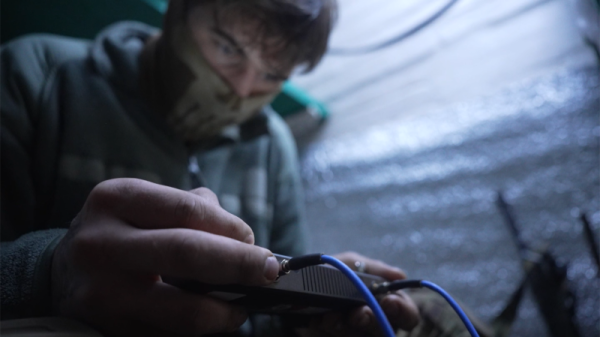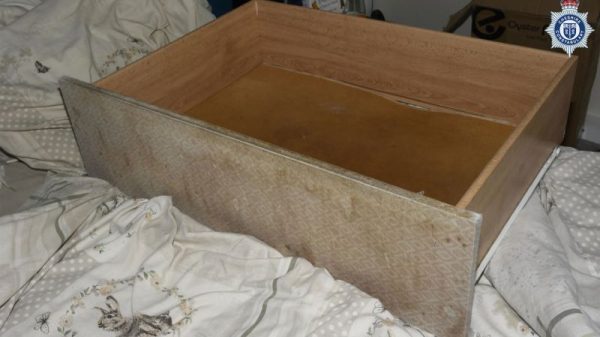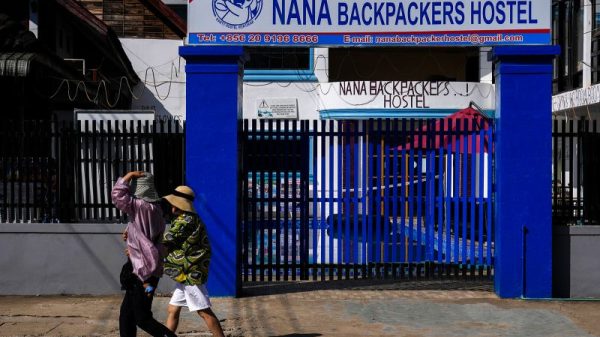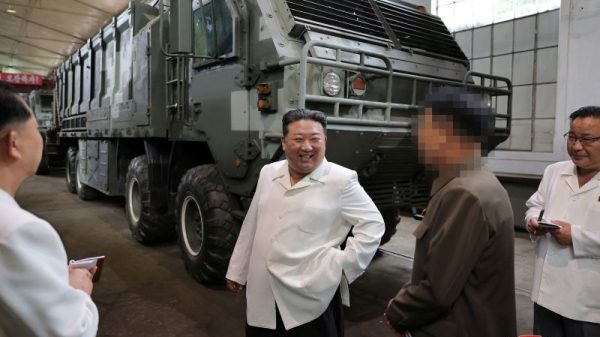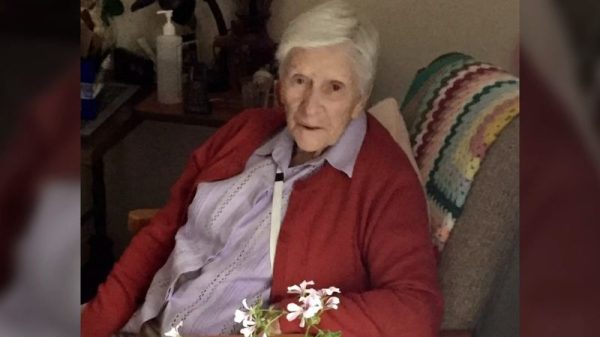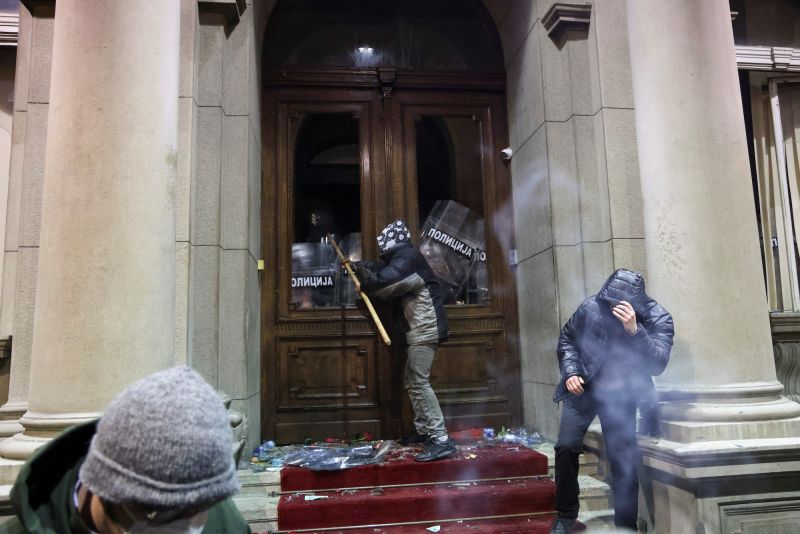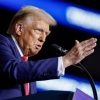Thousands gathered in Belgrade on Sunday in an anti-government protest to demand the annulment of Serbia’s general election last week that was deemed “unjust” by international observers.
At least 35 people were arrested Sunday, according to N1, in what was the sixth straight day of protests since the parliamentary and local elections.
The ruling Serbian Progressive Party (SNS) won 47% of the votes after President Aleksandar Vucic called a snap election, cementing his decade-long grip on power in the Balkan nation that is seeking membership of the European Union while retaining close ties to Russia.
An international monitoring mission said the elections were held under “unjust conditions,” citing media bias, Vucic’s improper influence and “intimidation and pressure on voters, including cases of vote buying.”
Members of the center-left Serbia Against Violence coalition – a nascent opposition movement founded after months-long anti-government protests this summer – attended Sunday’s protest and accused Vucic of election theft.
“Vucic, you have stolen not one but thousands and thousands of votes,” Marinika Tepic, who has been on hunger strike since the elections, said at the protest. She called for the election to be annulled.
Srdjan Milivojevic, also a member of the opposition coalition, called Vucic a “thief like the world has never seen before.” He was seen attempting to open the door to the city hall, but was unable to enter.
“Vucic, go away,” the crowd chanted outside the building.
Responding to the protests in an address to the nation Sunday evening, Vucic told Serbs not to worry “because there is no revolution happening.”
“They won’t be able to accomplish anything with this, and let us try not to hurt any of the random demonstrators by reacting mildly, peacefully,” Vucic said, according to Radio Television of Serbia.
The protests come as Vucic’s government is facing growing international pressure to investigate reports of electoral irregularities during last week’s vote.
The OSCE Office for Democratic Institutions and Human Rights (ODIHR) said the election day had been “marked by numerous procedural deficiencies.” The German Foreign Office said the findings were “unacceptable for a country with EU candidate status.”
The CRTA Election Observation Mission, an independent organization based in Belgrade, reported that “voter migration” – whereby people were transported “from other regions in Serbia and from abroad” to vote in specific municipalities – “might have been used on a large scale to influence the outcomes of the local elections.”
Andreas Schieder, an Austrian member of the European Parliament, said “the news about buses of non-residents coming to vote in Belgrade is shocking. Theft of votes, bribery and corruption must not be allowed in a democratic world.”
Student groups in Belgrade announced they will stage a six-hour blockade of traffic in two parts of the city on Monday, as they continue to demand the annulment of the elections.
Without providing evidence, the Kremlin alleged that the protests were being stirred by unnamed foreign entities hoping to incite unrest in Serbia.
“There are processes and attempts by third forces, including from abroad, to provoke such unrest in Belgrade. This is what we are seeing,” Kremlin spokesperson Dmitry Peskov told reporters Monday.
Separately, Vucic met with Russian Ambassador Aleksandar Bocan-Harchenko in Belgrade. According to Russian state media TASS, the Russian ambassador said after the meeting that Vucic has “irrefutable data that there is incitement and support from the West.”
Russian President Vladimir Putin on Monday sent a message of congratulations to Vucic, extending his wishes for “peace and prosperity” for the people of Serbia.

